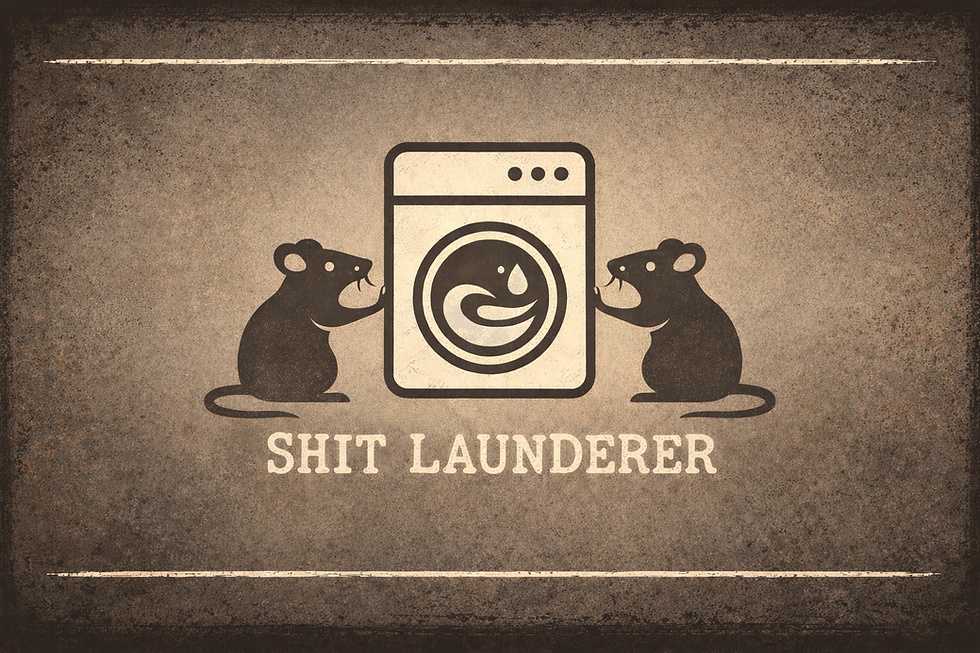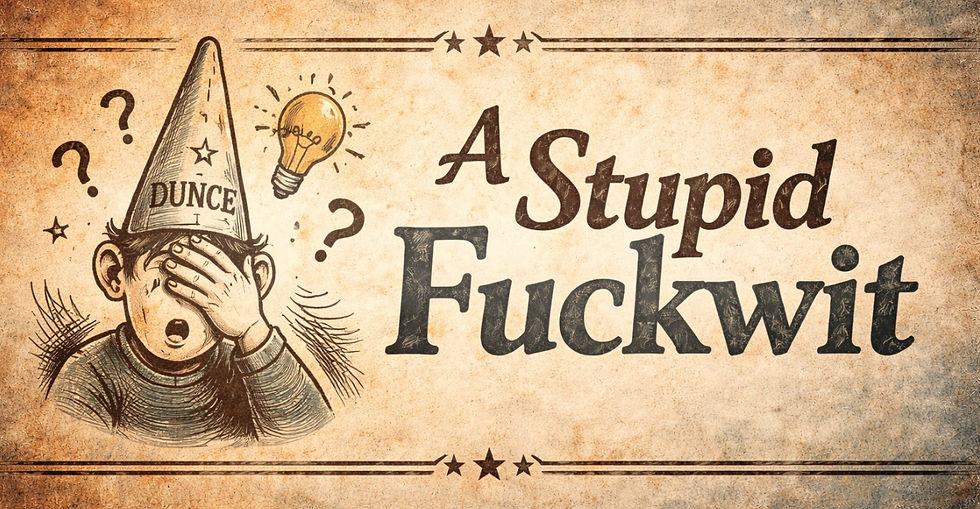Melania Appears and Creates Stir, But Is This Reporting? It Sure Doesn’t Seem Like Science.
- john raymond
- Sep 5, 2025
- 2 min read

Melania Trump’s sudden appearance alongside her husband has triggered a wave of speculation. Commentators, particularly MeidasTouch, have argued that she is now acting as President Trump’s caretaker—an interpreter and handler as his health visibly declines.
The case rests on anecdotes: her presence at a White House dinner with tech leaders, her clarifying a question Trump appeared unable to process, Putin and Zelenskyy’s repeated mentions of her name, and her new role fronting White House “AI initiatives.”
Tied together, these moments are presented as proof that the First Lady has become essential to Trump’s political survival.
But this isn’t reporting. It’s storytelling. The problem isn’t that the anecdotes are false—they can all be checked against video, transcripts, and public record. The problem is that they are arranged into a narrative without the discipline of science. Real reporting, real analysis, requires more than atmosphere. It requires testable predictions.
What Science Would Require
If Melania is truly acting as Trump’s caretaker, then we should expect to see repeatable, observable patterns:
Trump will repeatedly falter in public, and Melania will audibly intervene.
Foreign leaders will continue addressing Melania directly, treating her as the gatekeeper.
Melania’s supposed “AI portfolio” will expand into real policy roles, not fade after one or two set-piece speeches.
MAGA allies will keep elevating her stature, pushing Nobel talk and casting her as indispensable.
Trump’s decline will not remain anecdotal—it will show itself in sustained incapacity, not just rumor.
If these things don’t happen, the “caretaker” frame collapses. A single dinner, a single mention, a single speech proves nothing. Without repetition, it is coincidence. With repetition, it becomes evidence. That distinction is the difference between journalism and gossip.
Why This Matters
Trump’s health, cognition, and reliance on others are matters of state consequence. They deserve careful scrutiny. But by skipping over falsifiability, by failing to say “if we’re right, here’s what you should see next”, MeidasTouch slips into theater. It entertains an audience primed for Trump’s collapse, but it does not meet the standard of analysis.
The real test will come in what happens next: the next press conference, the next summit, the next unscripted exchange. If the signs recur, then the caretaker hypothesis hardens. If not, it evaporates.
Either way, we don’t need innuendo. We need reporting tied to science—the discipline of prediction and the honesty of being able to be proven wrong.






Comments